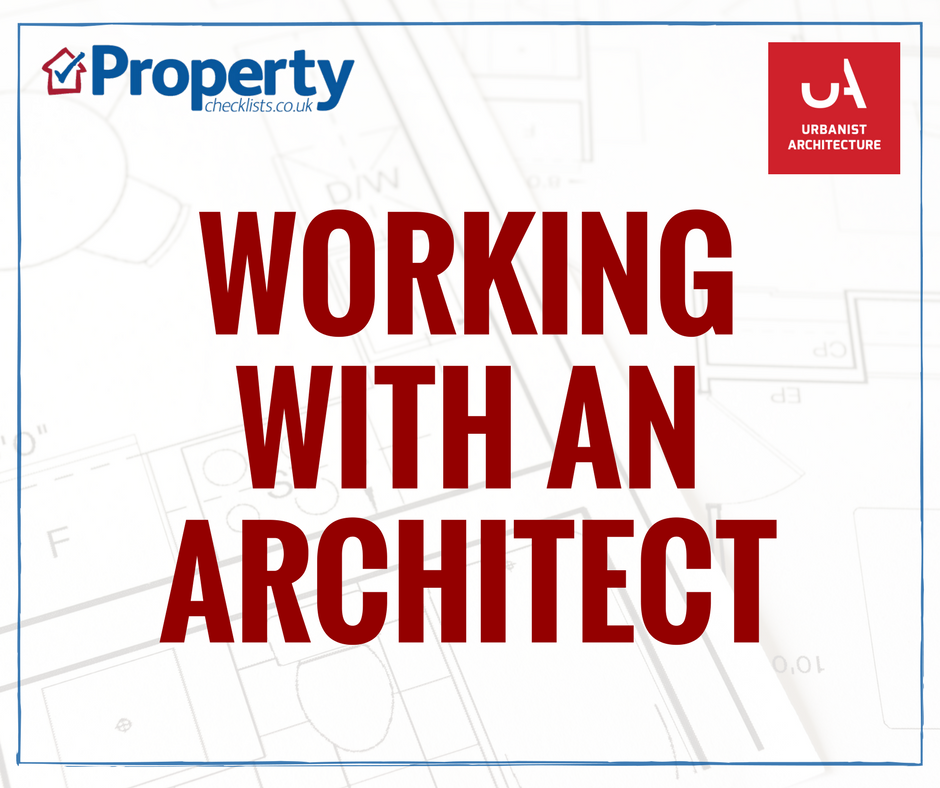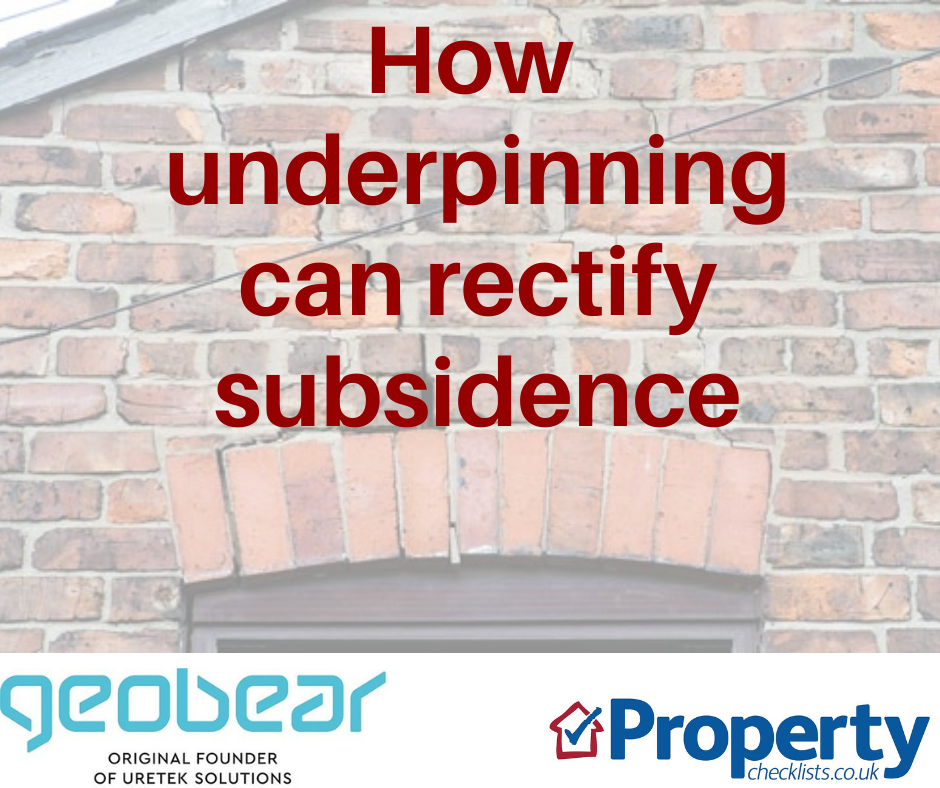publication date: Sep 2, 2020
There are a huge number of things you need to research before you can even brief someone to renovate your home:
|
- You need to write down a list of things that you want to do
- Find out what needs permission and sign off from the local authority
- Decide what work you can do and what you have to pay someone else to do
- Work out the right materials to use, the pros and cons of bricks versus stone or different types of tiles or standards of showers and taps
|
If you have already been involved in renovating property, whatever the size or cost of the project, you will probably be aware of some (if not all) of the 'Golden Rules of Property Renovation':
|
- Everything will take three times longer than you have planned
- The bigger and older the property, the more likely you are to go over budget due to unforeseen circumstances
- Ten minutes into every job, you will realise that you are missing something that you need
|
There are lots of different ways to finance your property project:
Savings
If you have enough money to fund the project without borrowing, then the most important things you need to make sure of is that you manage the flow of cash during the project.
For example, if it takes ten months for you to organise and fund the development, and if the project is going to cost £70,000 for a new two storey extension, you might need:
- Month one/two - £5,000 for architect's designs
- Month five - £10,000 for foundations
- Month six - £20,000 for labour and materials
- Month seven - £15,000 for first fix electrics/plumbing
- Month eight - £10,000 for second fix
- Month nine - £5,000 for decoration
- Month ten - £5,000 for furnishings and final finish
Taking out a loan from a financial institution
It is important to be aware that anyone loaning you money must be registered with the Financial Services Authority (FSA). Only certain people who are registered are allowed to give advice on loans, so it's essential you check their credentials and make sure they are giving you advice that is in your best interest - not simply the loan that will make their company most money!
Re-mortgage
If you are planning some major development or are just adding a conservatory and don't have the savings to fund your project, you might consider taking equity out of your property.
This can be a bad idea if the amount of money you spend on the property doesn't add as much value, or you might end up paying much higher interest on the mortgage if the equity withdrawal reduces your loan to value below 25%.
How to organise refurbishment finance
Here's a list of insurance checks to make, to ensure you are covered for any accidents during the project:
|
- Call your buildings insurance and your contents insurance company/ies. Advise them of the work you are having done and ask them if your property and belongings will still be covered during the work.
- If your insurance company doesn't cover you during this time, then ask how much if would cost to secure cover
- Check with other insurance companies to see if you can get a better deal
- Contact specialist insurance companies to see how much it would cost you to secure additional cover during the project eg Money.co.uk - home renovation insurance
- Check with the architect, your builder/other tradesmen and secure in writing what insurance cover they have, including cover for any accidents caused to the people working on site and the general public
- Ensure that if any of the building work causes damage that the tradesmen have insurance that will protect you
|
Labour costs - you need to be clear on how much the labour will cost you, separate to the materials:
|
- It's worth trying to secure a fixed labour fee for work carried out, otherwise, if you agree a day rate on the understanding that the job will take five days and it then takes ten days, you might end up paying out a lot more than you had planned for the project.
- For small jobs, most people will fix the price, but some will just insist on charging a day rate and say 'it'll take as long as it takes'. If you don't know the person and it's the first time you have used them, it is worth trying to negotiate a fixed fee.
- Most large jobs should be on a fixed price, otherwise you could be in a lot of trouble very quickly. And even if you do fix the price, bear in mind that things might crop up that neither you nor the builder had expected. It's important to be fair under these circumstances, so that you bear the pain of unexpected costs, but not if they are due to poor workmanship or problems that the builder or their tradespeople have caused.
- Always ask for an hourly rate, day rate, weekly rate and also a rate 'for the job' so that you can compare different quotes more easily.
- If a quote comes back and it's not clearly defined how much you are spending on materials and labour, as for a breakdown.
|
Material costs:
|
- Different materials have very different pricing structures: some will include delivery, others will include guarantees. Some are built to last, others are just created to survive a few years. Working out which one is right for you should take some time. All tiles, flooring, and so on, are not the same - so take care when comparing different materials.
- Always check out the costs and types of materials any tradesman is recommending, so you know that you are getting value for money and, more importantly, comparing like with like.
- It is also worth negotiating very hard in the current climate.
|
What will the total cost be and do you need a contingency?:
|
- Once you have all the quotes back from your research and an idea of what the labour and material costs will be, add up all the costs (we find the best way is to record everything on a spreadsheet).
- Once you have some final fees, go back to the companies you have found the materials through, and any builder/tradespeople's quotes, to see if you can negotiate these down any further.
- Once you have your total, depending on how big the project is and how old your property is, make sure you have a contingency budget, to ensure you don't run out of money half way through the renovation. We would recommend:
10% for a smaller project
20% for a larger project or older property
30% for a larger project on an older property
|
Once you've done your research, now is the time to start planning your project, begin to organise who does the work and start ordering your materials.
Depending on what you are looking to do, you need to work out whether you need planning permission nor building control sign-off for your project.
Planning permission
The rules and regulations about planning vary, depending on whether you are in England and Wales, Scotland or Northern Ireland. We also know that local planners operate differently in each area - some will accept plans for ultra-modern designs, others seem to prefer to have changes to properties kept strictly within the look and feel of the area.
It's a good idea to approach your local authority by visiting: the Planning Portal.
Developments that typically don't require planning include:
- Small extensions, such as a porch which is up to three square metres in size and less than three square metres high
- Windows and doors
- Walls, fences, hedges and gates - but they do have height restrictions (usually under six feet) and need to be two metres away from the public highway
Building Control
This is probably one of the most misunderstood areas of property developments and can cause a great deal of frustration to you, your tradesmen and, indeed, Building Control itself.
In basic terms, Building Control exists to make sure that the changes made to your property are safe. The work you do needs to comply with certain rules and regulations, which typically relate to safety within the home, for example, fire safety.
There are two ways of managing Building Control applications and sign off:
- To submit full plans for approval to a Building Control officer, which they will approve (or not) in writing.
- To apply for a Building Notice, which can be used if you are only planning minor changes. However, building regulations are complicated and it may be better to apply for full approval so that you are sure the work you are planning gets passed and there are no repercussions down the line.
Full planning approval can cost around £200 and visits from £400 upwards. A Building Notice could be as much as £600.
Employing tradespeople
- It may be that your project requires expert help and you need to call in professionals. Be aware that this process may well be frustrating and could take weeks to arrange.
- Good builders may well be booked up for the next year and plumbers and decorators often book ahead a month or two in advance.
- Find tradespeople who belongs to a trade organisation.
Dos and don'ts of hiring tradespeople:
|
- Don't assume they are insured for their work - check
- Do make sure you secure references, ideally face to face
- Don't automatically go for the cheapest quote
- Do ask which associations they belong to
- Don't agree a job without a formal written quote (not just an estimate)
- Do request to see their qualifications (a properly validated certificate or other written evidence)
- Don't just deal with someone who can do it quickly
- Do ask for a fixed quote
- Don't pay anything up front for the work
- Do agree a payment schedule after each 'job'
|
Hopefully the job will all go well and it'll be carried out exactly the way you want it to be, but inevitably, thanks to human nature, things can go wrong. What's important is to agree how you deal with disputes.
|
- You should take time out to sit down and discuss what has happened and why you think it's a problem and then try to find an amicable solution.
- If the dispute is serious, will you want them to stop the work or carry on while you potentially have a legal dispute?
- If the dispute is fairly serious and you can't agree a solution, then it's worth getting someone in to arbitrate for you.
- This could be a work colleague, a legal person, a friend or, if the contractor belongs to an independent trade association, they might be able to help and recommend someone who will arbitrate on both parties' behalf.
|
Weekly project review
|
|
It is worth sitting down once a week (perhaps before paying contractors) to do through a review of the work that needs doing, whether you are doing the job yourself or you are working with contractors.
|
- Once the project has been completed, most large projects won't have all the final monies paid for a good month or two.
- Typically, a 10% retainer is held back just in case problems occur, so make sure you don't hand over the balance of your contractor's money prior to the end of the project.
- If you have done the work yourself, just make a note of what you were happy with, how long it took and what you would do differently next time, as a helpful reminder.
- It is worth sitting down with any contractors at the end of the build to go through extra jobs that were agreed and any additional costs, as well as discussing any paperwork that might be missing.
- Often we are so happy to 'have our home' back that we don't see any problems with work carried out for some time. If you have had a lot of work don, such as an extension or a kitchen re-fit, it might be worth considering getting a 'snagging survey' carried out.
|
Finalise the paperwork
|
- Once the project is finished, remember to file the paperwork somewhere that you can easily access, especially any insurance, contracts or guarantee details.
- It is also vital that you keep this paperwork safe if you are likely to sell the home, as you will need to provide your buyer's legal representative with proof that all the work carried out met the relevant legal requirements and has the associated guarantees and warranties.
- Finally, don't forget to look at reclaiming any VAT (if applicable).
|










